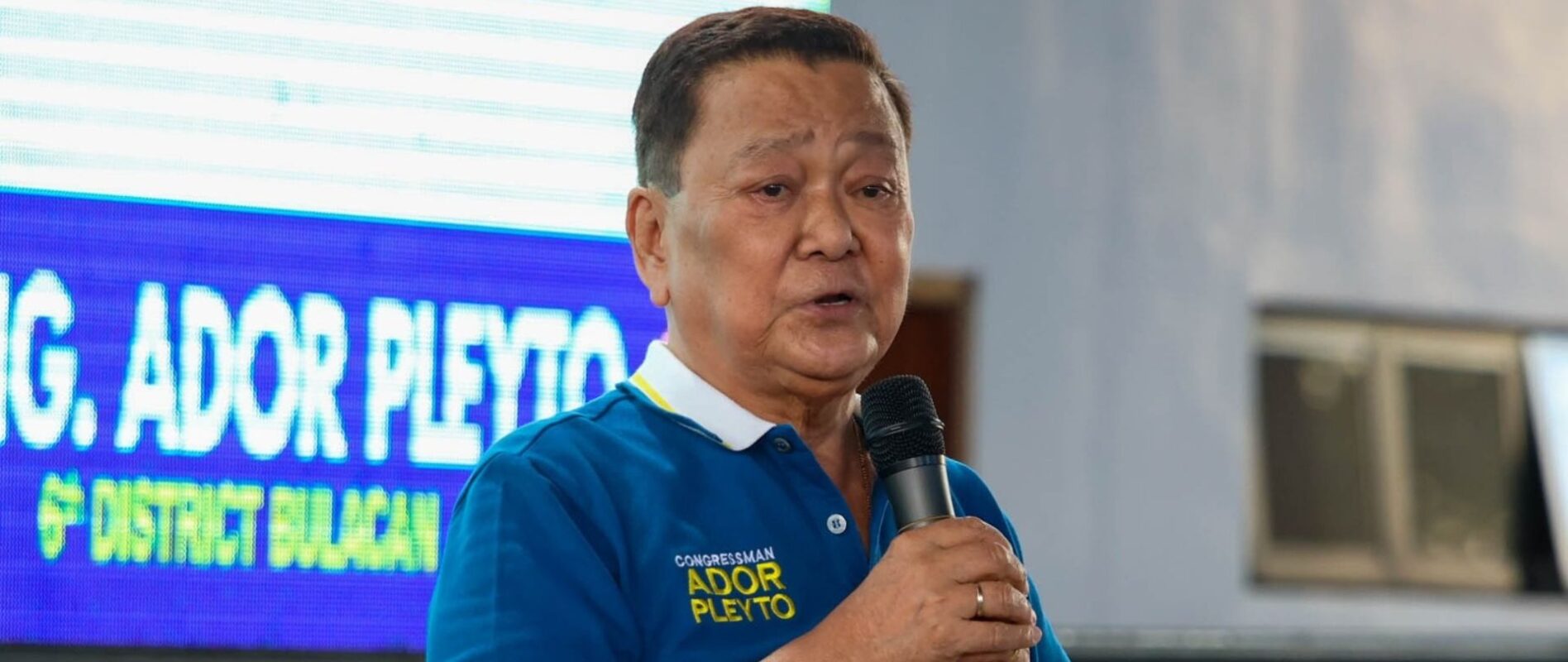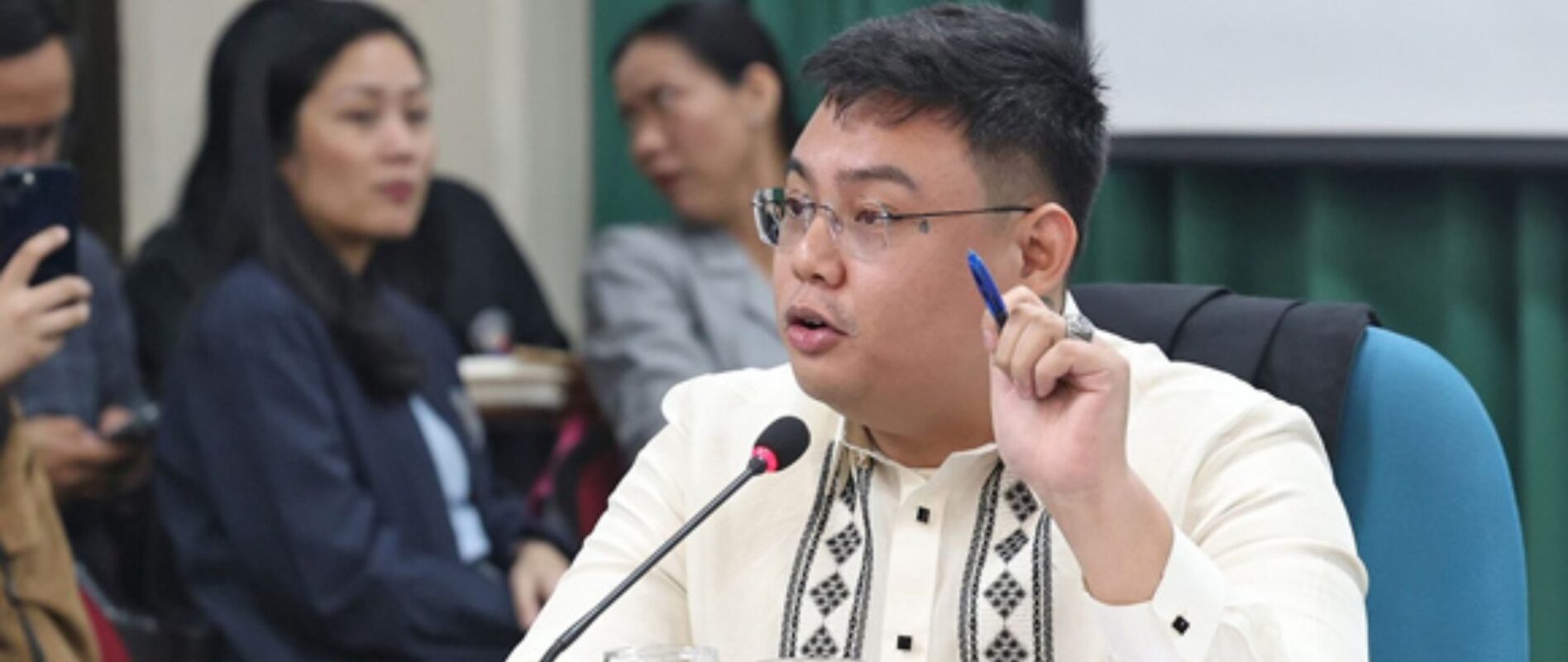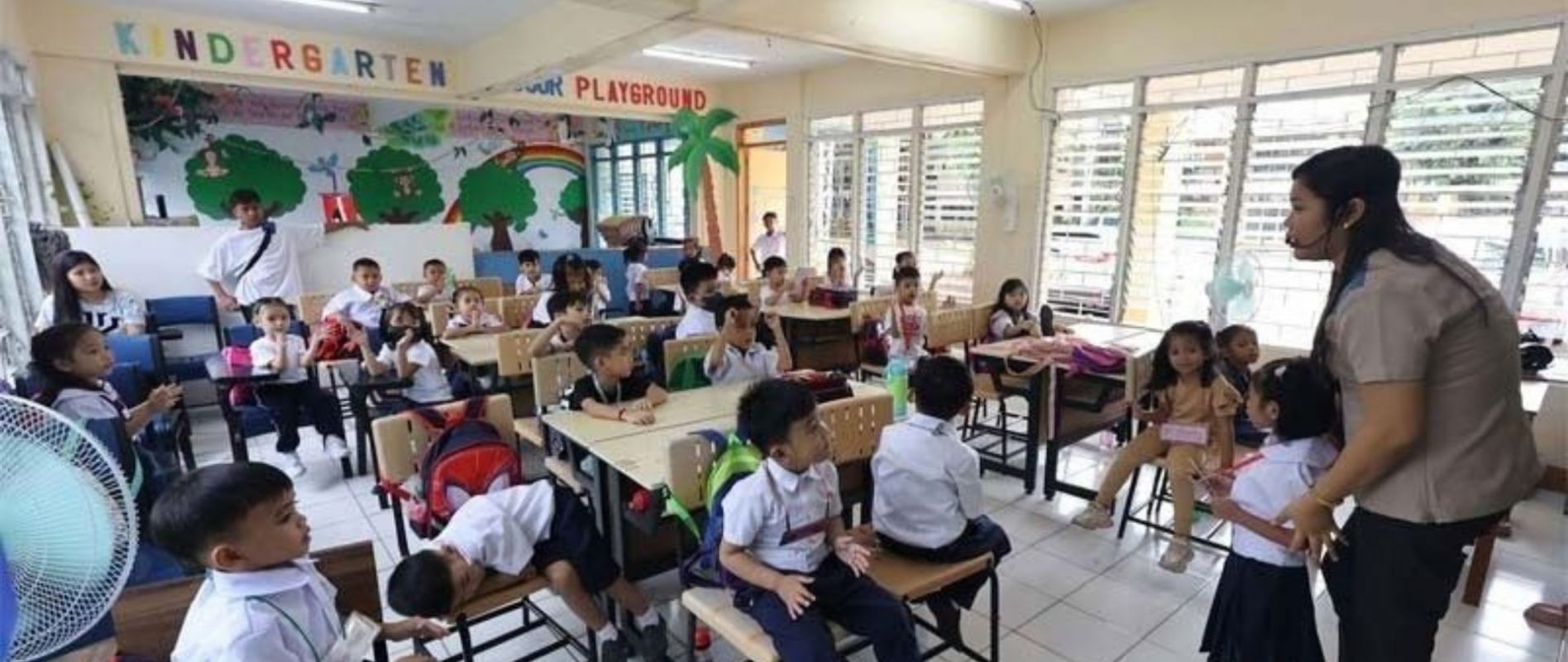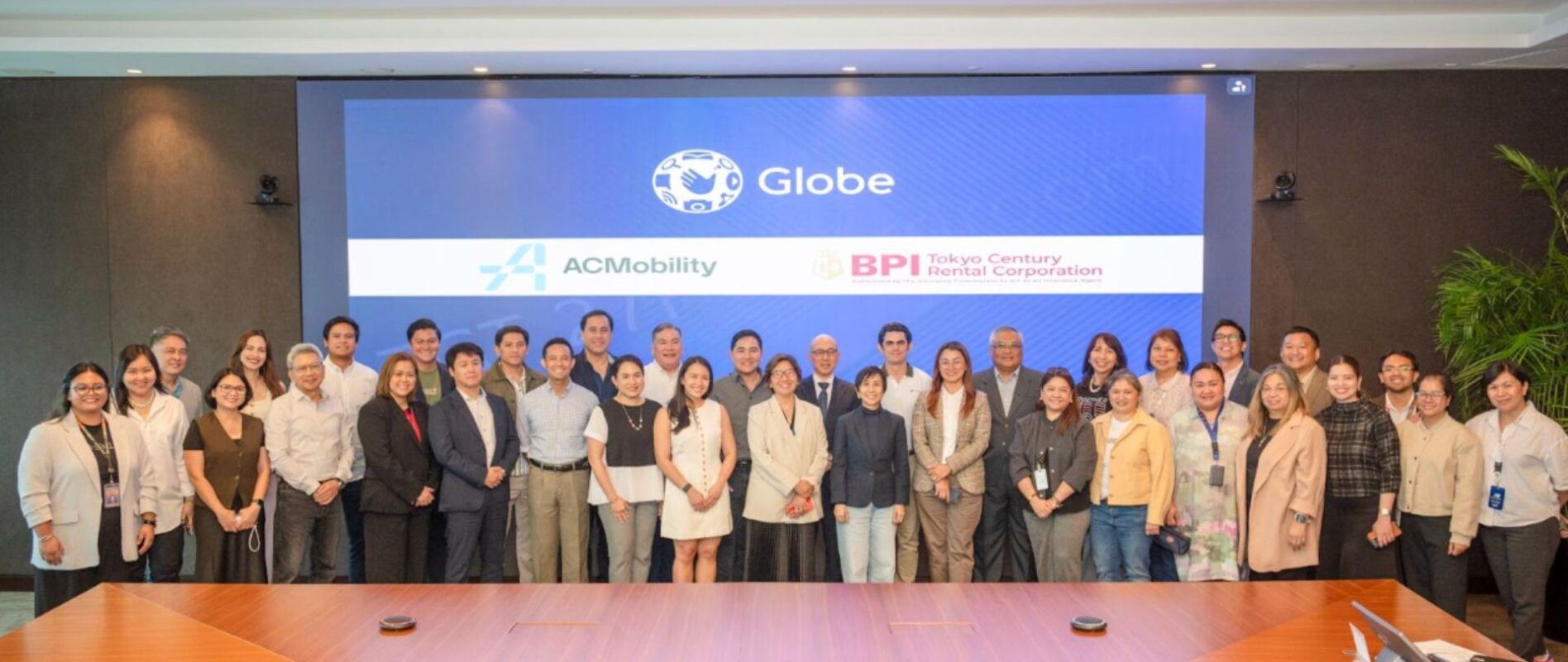GROUP LAUDS SIGNING OF ALS LAW
THE SIGNING of the Alternative Learning System Act by President Rodrigo Duterte elated E-Net Philippines, a network of 130 organizations advocating reforms in education.
It said that Republic Act 11510 will provide the marginalized and disadvantaged sectors better access to education.
E-Net actively participated in the Technical Working Group meetings and hearings in Congress to lobby for the passage of a law that will institutionalize ALS.
“ALS is a parallel learning system to formal education that provides a viable alternative and second chance education to out-of-school youth and adults, learners with disabilities, indigenous people, disadvantaged girls and women, children in conflict and disaster situations and those who have been deprived of education,” Prof. Flora C. Arellano, E-Net president, said.
The World Bank’s May 2018 Philippines Education Note said that at least 24 million Filipinos aged 15 and above were not able to complete their basic education. This is about 25 percent of the population.
For the school year 2020-2021, data from the Department of Education showed that only 405,902 students enrolled, 54.86 percent lower than the previous school year.
The ALS budget was pegged at P500 million which is about P4,732 per learner. There are 9,535 ALS teachers or a ratio of 88 learners:1 teacher.
The group hopes that with the enactment of the ALS law, issues on access, equity, and quality of education will be addressed.
The law provides the creation of the Bureau of Alternative Education, expands and enhances teachers’ programs, and provide them with transportation and teaching allowances. Community Learning Centers will be established in every municipality and city.
“Improving access and quality of education contributes to socio-economic growth. In a 2018 WB study, 57 percent of ALS passers pursue higher education that will give them a chance to have better work, and 71 percent of ALS passers are already employed and have full time work,” Arellano said.














